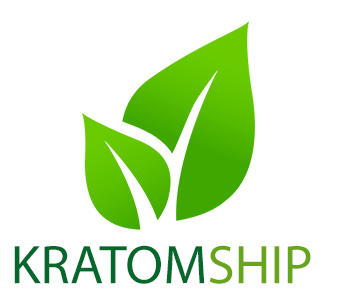Alternative medicine refers to a broad range of healing practices and therapies that are outside the scope of conventional medicine. It encompasses various approaches, such as herbal medicine, acupuncture, chiropractic care, naturopathy, and energy healing. One of the primary principles behind alternative medicine is the belief in the body’s innate ability to heal itself. This approach often emphasizes a holistic perspective, considering the physical, emotional, and spiritual well-being of an individual. Many people turn to alternative medicine to complement their conventional treatments or as a standalone option for addressing various health concerns.
Advantages of Alternative Medicine
One of the advantages of alternative medicine is its focus on natural remedies and non-invasive techniques. Herbal medicine, for example, utilizes plant-based preparations to treat ailments and promote wellness. These remedies often have a long history of traditional use and are perceived as gentler on the body compared to pharmaceutical drugs, which can have numerous side effects. Additionally, alternative therapies like acupuncture and chiropractic care aim to restore balance and proper functioning to the body without resorting to surgical interventions or prescription medications.
Personalized Care and Patient Empowerment
Another aspect of alternative medicine is its emphasis on personalized care and patient empowerment. Practitioners of alternative medicine often take a holistic approach, considering the individual’s lifestyle, emotional well-being, and overall health status. They engage in detailed consultations, addressing not just the symptoms but also the underlying causes of the problem. This approach fosters a sense of collaboration between the practitioner and the patient, empowering individuals to take an active role in their own healing process and make informed decisions about their health.
Considerations and Integration
While alternative medicine has garnered significant popularity, it is important to note that its effectiveness and safety can vary depending on the specific practice and the individual’s condition. It is crucial to seek qualified practitioners who have proper training and experience in the respective field. Moreover, alternative medicine should be used as a complementary approach alongside conventional medicine, especially for serious or life-threatening conditions. Open communication with healthcare providers is essential to ensure that all aspects of an individual’s health are considered and integrated effectively for the best possible outcomes.
No related posts.


